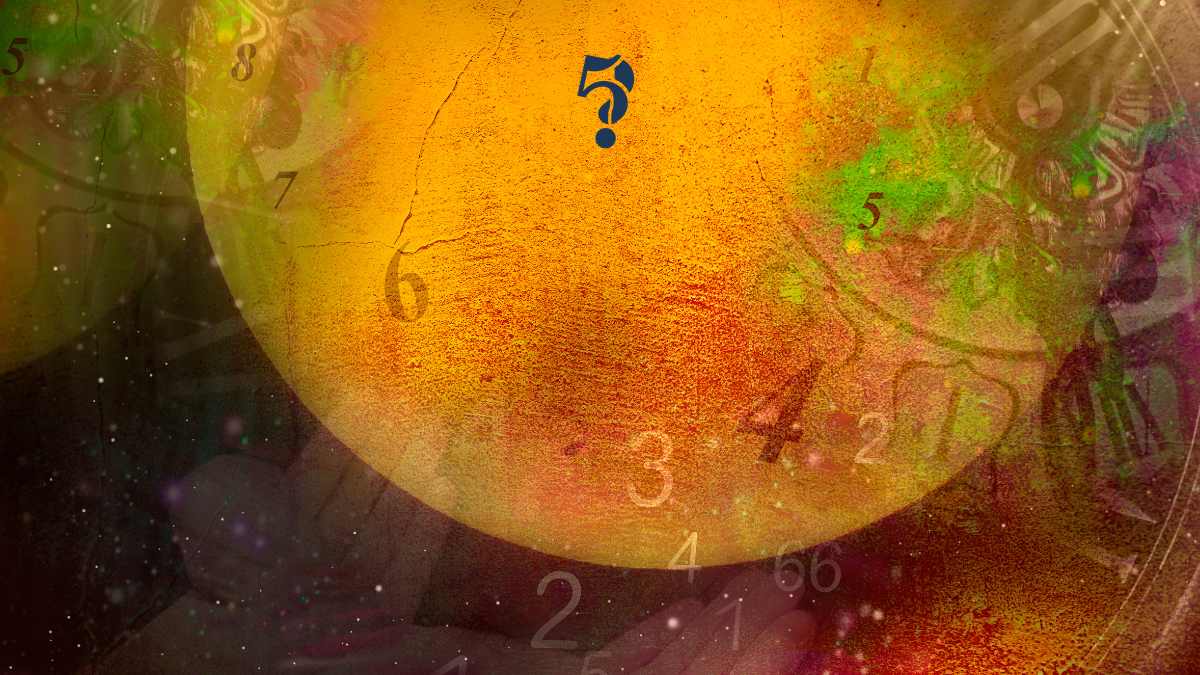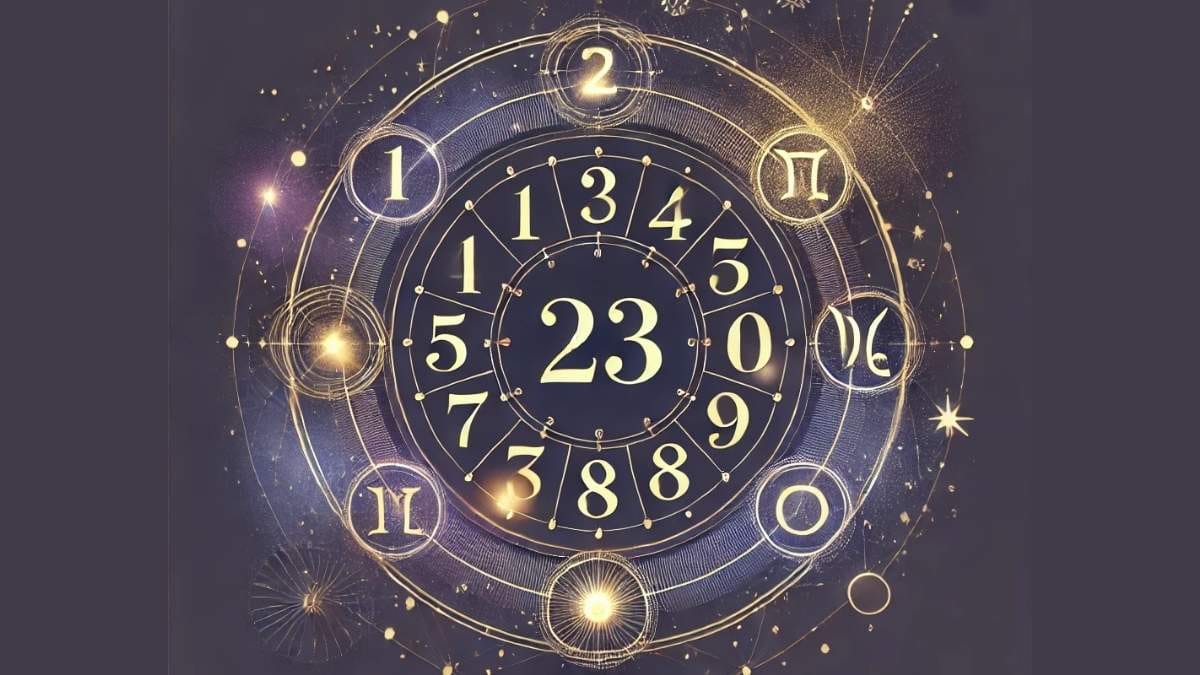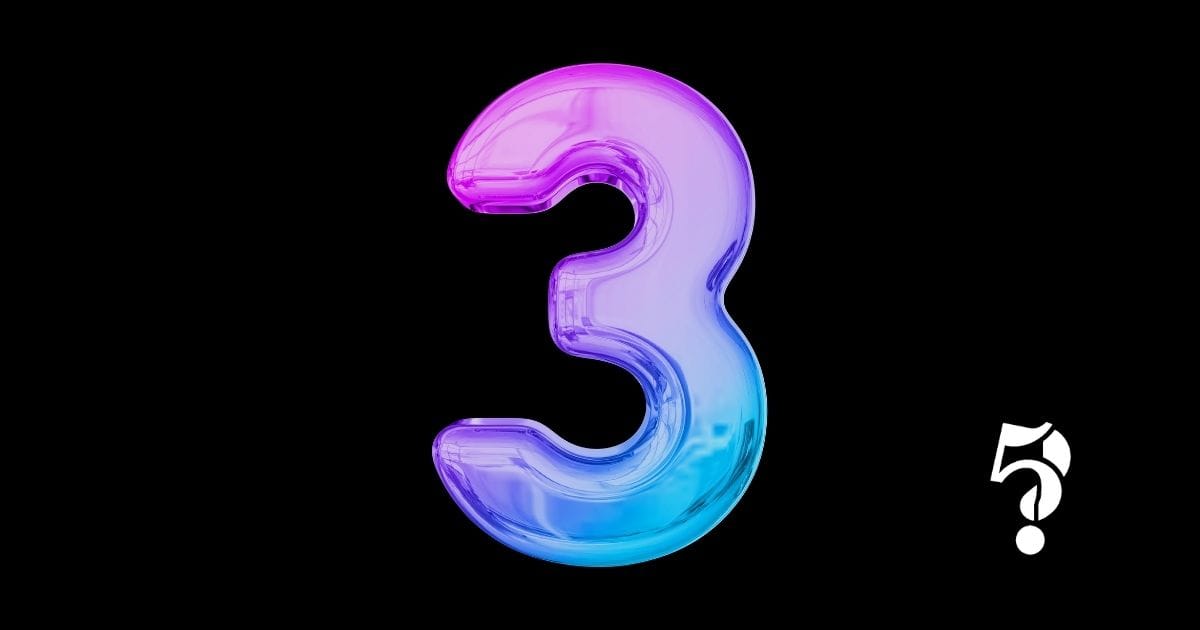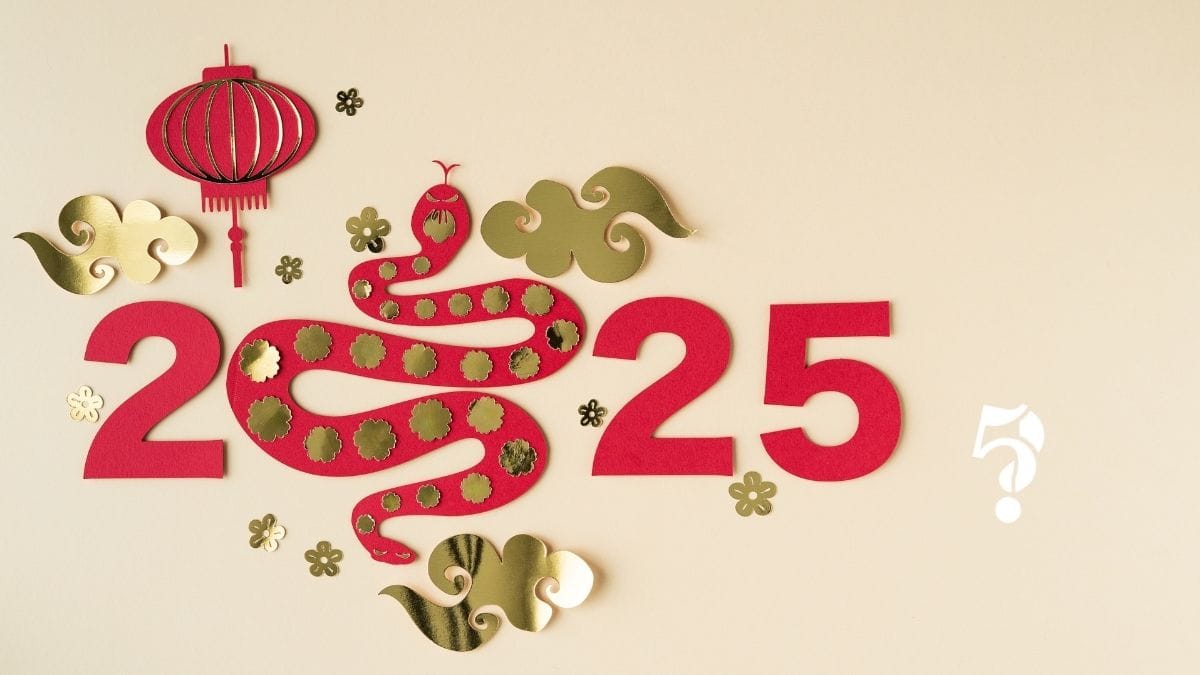Chinese numerology is an ancient practice deeply woven into the culture, offering profound insights into destiny, luck, and even personality traits. Among the numbers with significant meanings, the number 5 holds a unique position in Chinese numerology. But what exactly does the number 5 mean in this rich and symbolic tradition? In this article, we will explore the deeper aspects of the number 5 in Chinese numerology, uncovering its cultural meanings, symbolic associations, and how it may influence your life.
The Significance of the Number 5 in Chinese Numerology
The number 5 (Wu 五 in Mandarin) is often seen as one of the most balanced and dynamic numbers in Chinese culture. It represents harmony and balance, largely due to its connection with the five elements (五行, Wǔ Xíng): Wood, Fire, Earth, Metal, and Water. These five elements form the foundation of Chinese cosmology, influencing everything from health and relationships to personal growth.
In traditional Chinese philosophy, the number 5 also embodies balance because it sits in the middle of the single-digit numbers (1 to 9). It is seen as a point of convergence, a number that unifies the various aspects of existence. This concept of balance makes the number 5 significant in Feng Shui, Traditional Chinese Medicine, and daily life, representing a harmonious connection between human beings and nature.
The significance of the number 5 can also be traced to various ancient texts and practices. For example, the concept of the Five Sacred Mountains (五岳, Wǔ Yuè) represents important spiritual and cultural landmarks that symbolize the balance of nature and human endeavors. Each mountain represents a different cardinal direction, along with a central point, reflecting the balance and integration represented by the number 5. This connection between geography, spirituality, and numerology underscores the widespread influence of the number 5 in shaping Chinese thought.
The Symbolism of Number 5 in Everyday Chinese Culture
Chinese numerology goes beyond the abstract and often finds applications in practical, day-to-day decisions. In Chinese culture, 5 is associated with positive attributes such as power, resourcefulness, and freedom. These traits derive from the balance that 5 inherently represents—the ability to handle multiple aspects of life effectively. This makes 5 a number associated with adaptability and personal growth.
Furthermore, the number 5 holds a spiritual significance. It is connected to the idea of five blessings (五福, Wǔ Fú), which are longevity, wealth, health, virtue, and natural death. The presence of the number 5 is believed to bring luck and these five essential blessings into one's life. This is why, for many, the number 5 is often seen as a bringer of good fortune.
In daily Chinese culture, you can often see the number 5 reflected in architecture and culinary traditions. For instance, Chinese cuisine emphasizes the balance of the five flavors—sour, bitter, sweet, spicy, and salty—each of which is associated with one of the five elements. This emphasis on balance in cooking is a direct reflection of the influence of numerology on even the simplest of human activities, such as eating. The Five Great Ancient Capitals of China also represent significant historical and cultural hubs, further showcasing the number's importance in grounding both spiritual and physical aspects of Chinese life.
The Five Elements and Their Influence on Numerology
The concept of the five elements is critical to understanding what the number 5 means in Chinese numerology. Each of the five elements (Wood, Fire, Earth, Metal, and Water) represents different energies and attributes, both in the universe and within ourselves. The number 5, therefore, symbolizes the harmony and interdependence of these energies.
- Wood: Growth and creativity
- Fire: Passion and transformation
- Earth: Stability and reliability
- Metal: Strength and structure
- Water: Wisdom and adaptability
These elements are thought to interact dynamically, creating cycles of creation and destruction. The balance that 5 represents is about understanding these cycles and knowing how to maintain harmony in the different areas of life.
In Chinese medicine, the five elements are also associated with different organs and bodily functions, with each element representing a specific organ pair and its corresponding physiological and emotional functions. For example, Wood is linked to the liver and gallbladder, and it governs emotions like anger and growth. The number 5, therefore, not only represents external balance but also encourages internal health and harmony. By maintaining balance among these elements, individuals are thought to improve both their physical and emotional well-being.
Number 5 in Feng Shui: Creating Harmony in Your Space
In Feng Shui, the number 5 is often used to symbolize balance and protection. The use of the number 5 can be seen in structures like the "Bagua" (八卦), an energy map used to understand spatial relationships in Feng Shui. The Bagua map divides spaces into eight areas, but it also has a central area—the ninth one—representing balance, much like how the number 5 occupies the center among single digits.
Feng Shui practitioners may recommend incorporating elements associated with the number 5 to ensure balance and flow of chi (氣), the vital energy. These can be achieved by balancing all five elements within a living or working space, thus bringing more stability and prosperity into one's environment.
For example, placing a five-tiered pagoda in a room is believed to ward off negative energy and invite stability. This structure is a symbolic representation of the number 5 and serves as a physical reminder of the importance of balance. Additionally, five-color decorations are often used in Feng Shui to represent the elements and harmonize the energy within a space. The use of colors like green, red, yellow, white, and black reflects the five elements, promoting balance in both the physical and emotional environment.
The Number 5 in Personal Relationships
In Chinese numerology, the number 5 is often considered an ideal number for personal relationships. It represents adaptability and the ability to communicate effectively. These traits are crucial for relationships, whether romantic, familial, or friendships. People influenced by the number 5 are often seen as excellent mediators, capable of understanding different perspectives and bringing people together.
This number is also associated with independence. People who resonate with the number 5 are thought to crave freedom and variety, which can make them adventurous partners who are willing to try new things. This sense of independence does not imply detachment; rather, it represents a balanced form of attachment, one that values personal growth alongside shared experiences.
The influence of the number 5 can be seen in family dynamics as well. Families that embrace the energy of 5 often value open communication and adaptability. This energy fosters an environment where each member can pursue their individual goals while maintaining a strong sense of unity. The number 5 encourages a sense of curiosity, making family activities more dynamic and interesting, as everyone is keen to try new things together.
The Challenges of Number 5
While the number 5 is often seen positively, it also comes with its challenges. The dynamism associated with 5 means that it can sometimes be restless or overly changeable. People strongly influenced by the number 5 might struggle with maintaining consistency, as they are easily drawn to new experiences and opportunities.
This can make it challenging for individuals to stay focused on long-term goals. However, understanding the essence of the number 5 can help manage these tendencies. Cultivating stability and grounding oneself can help counterbalance the more erratic energies of the number 5.
Individuals who are influenced by the number 5 may also need to work on time management and avoiding burnout. Because of their natural curiosity and desire for change, they can become easily overwhelmed by taking on too many projects at once. Learning to prioritize and channel their energy effectively can help harness the positive aspects of 5 while minimizing its potential downsides.
The Role of Number 5 in Chinese Festivals and Traditions
The influence of the number 5 can also be seen in Chinese festivals and traditions. The most notable is the Dragon Boat Festival (端午節, Duānwǔ Jié), which takes place on the fifth day of the fifth lunar month. This festival is celebrated to honor the great poet Qu Yuan, and it involves activities like dragon boat racing and eating zongzi (glutinous rice dumplings).
The choice of the fifth day of the fifth month is significant, emphasizing the importance of the number 5 in connecting different aspects of life—community, nature, and the divine. The Dragon Boat Festival is a perfect example of how Chinese numerology is interwoven with cultural rituals to bring balance, honor, and prosperity.
Another tradition influenced by the number 5 is the offering of five different types of grains during certain ceremonies, which symbolizes gratitude and prosperity. The number 5 is also present in traditional Chinese opera, where performers may use five different colors of face paint to represent different character traits, emphasizing the diversity and balance inherent in human nature.
The Positive Attributes of People Connected to Number 5
If the number 5 plays a prominent role in your life—perhaps as part of your birthdate or a significant address—you may exhibit qualities associated with this number. People who resonate with 5 are often dynamic, open-minded, and resourceful. They are comfortable navigating changes and adapting to new situations, making them well-suited for leadership roles or any environment that requires flexibility.
These individuals are often seen as adventurous spirits who value freedom. They love exploring new cultures, ideas, and experiences. This curiosity makes them lifelong learners, always eager to discover more about the world and themselves.
People connected to the number 5 are also known for their problem-solving skills. They can easily think outside the box and come up with creative solutions to challenges. Their adaptability makes them excellent at managing unexpected changes, and they thrive in dynamic environments where they are constantly learning and evolving. This resourcefulness can be a major asset in both their personal and professional lives.
Balancing the Energies of Number 5
The key to embracing the energy of the number 5 lies in finding balance. Since 5 is inherently about harmony, those influenced by this number are encouraged to cultivate routines and stability in areas of their lives that tend to be chaotic. Practices like meditation, yoga, or even maintaining a simple daily schedule can help balance the dynamic energy of 5.
In Feng Shui, balance can be achieved by arranging your living environment to reflect the five elements. For instance, incorporating colors, materials, and shapes that represent Wood, Fire, Earth, Metal, and Water can help in grounding the restless energy often associated with 5.
To balance the energy of 5, it is also beneficial to focus on grounding activities. Spending time in nature, practicing mindfulness, and engaging in regular physical activity can all help stabilize the energetic fluctuations that people influenced by 5 may experience. Setting clear goals and establishing a routine can also provide the structure needed to harness the power of 5 positively.
How to Use the Power of Number 5 in Your Life
To utilize the energy of the number 5 positively, try incorporating aspects of its symbolism into your daily life. Consider embracing activities that align with the five elements—such as gardening for Wood, cooking for Fire, spending time in nature for Earth, practicing mindfulness for Water, and engaging in strength training for Metal. Balancing these aspects can help you harness the power of 5 for personal growth and well-being.
You can also use the number 5 as a guiding principle for making decisions. For example, when facing a challenging decision, consider the five different aspects of the situation: physical, emotional, intellectual, social, and spiritual. This approach aligns with the holistic nature of the number 5 and helps ensure that your decisions are well-balanced and thoughtful.
Additionally, consider using five daily affirmations to maintain a balanced mindset. Each affirmation can correspond to one of the five elements, helping you maintain equilibrium and align with the harmonious energy of the number 5. By focusing on balance in different areas of your life, you can use the energy of 5 to create a more well-rounded and fulfilling existence.
Conclusion: Embrace the Power of Number 5
The number 5 in Chinese numerology is far more than just a digit. It represents balance, adaptability, and the powerful interplay between different aspects of life. Whether it's through the five elements, the blessings it symbolizes, or its role in relationships and personal growth, the number 5 offers a dynamic energy that can help us navigate the complexities of life.
Understanding what 5 means in Chinese numerology allows us to appreciate the interconnectedness of our experiences, encouraging us to live in harmony with ourselves and our surroundings. By embracing the positive energies of the number 5 and learning to balance its dynamic qualities, you can invite prosperity, growth, and peace into your life.
Ready to dive deeper into the fascinating world of Chinese numerology? Explore more articles on our blog to uncover the mysteries behind each number and discover how they can influence your path. Whether you want to understand your destiny or improve various aspects of your daily life, Chinese numerology offers timeless wisdom that can guide you on your journey.
The journey with the number 5 is one of balance and exploration. By appreciating its significance, you can transform challenges into opportunities for growth and bring more harmony into every aspect of your life. Let the number 5 be your guide to a more balanced, adventurous, and prosperous existence.














